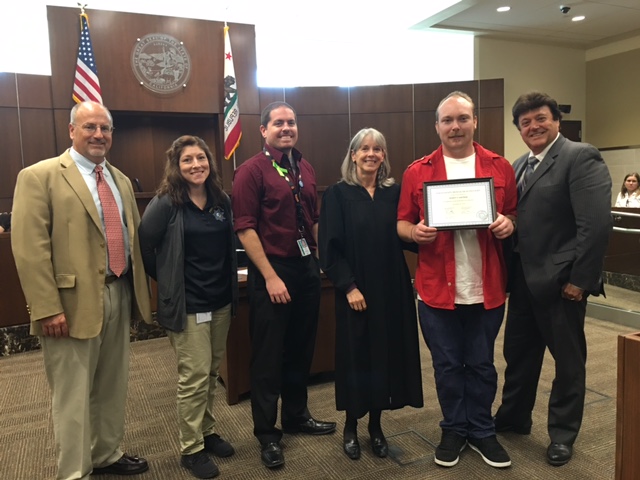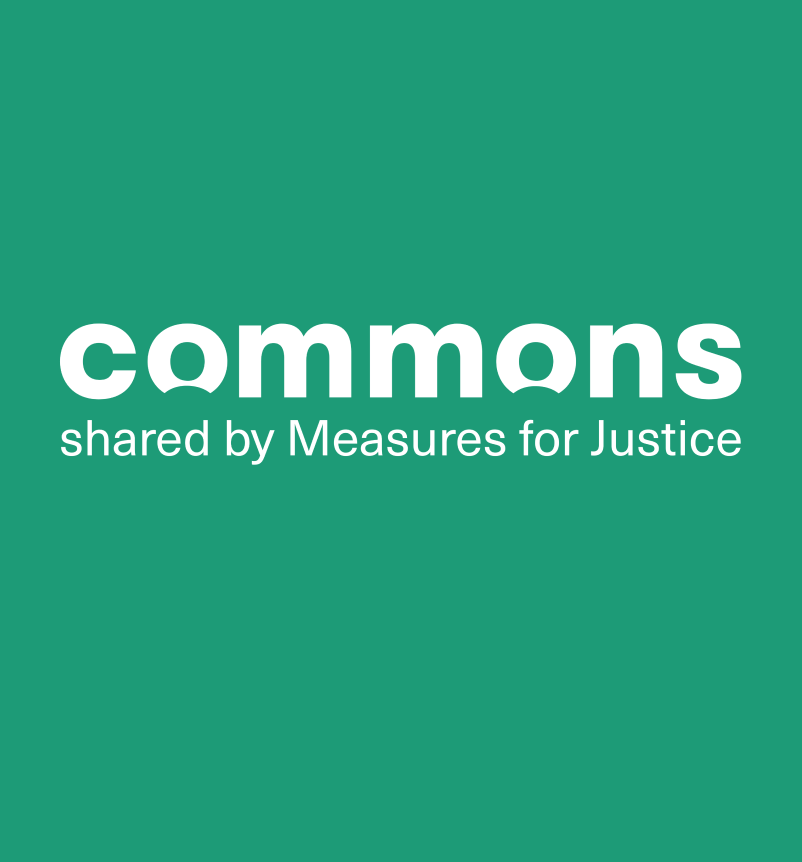(Woodland, CA) – September 27, 2016 – Yolo County District Attorney Jeff Reisig announced today that on Monday September 26, 2016, 25-year-old Woodland resident John Carter successfully graduated from Mental Health Court in Department four of the Yolo County Superior Court.
Mental Health Court (MHC) is a minimum 18-month court-based treatment and monitoring system for adult offenders with serious mental illness. MHC is designed to increase the treatment engagement of the participants while reducing both arrests and jail bed days (incarceration) both during and after their involvement and participation in the program. Along with the Yolo County Superior Court, Yolo County agencies participating in the program include Probation, Health and Human Services Agency, the Public Defender and the District Attorney.
Health and Human Services Agency Director Karen Larsen stated, “Yolo County is committed to creating safe communities and reducing the number of mentally ill individuals in our criminal justice system. We are lucky to have Mental Health Court in Yolo County as an example of the cross system collaboration necessary in addressing these complex issues.”
The Honorable Janet Gaard presides over Mental Health Court. At Monday’s proceedings, Judge Gaard congratulated Mr. Carter stating, “This is a very important day. We have the opportunity to publicly congratulate John for having overcome very significant life challenges, for working extremely hard to achieve and maintain a healthy lifestyle, for encouraging and supporting others who are walking the same difficult path, and for reminding all of us that, when we work together, we can do great things to help people improve their own lives and those of the people around them.”
Mr. Carter wrote a graduation essay which included the following excerpt, “Two years ago I was locked up for a felony case and I got the opportunity to be part of Mental Health Court. Before that my life was horrible. I was using every day, I had no clothes, no food, and no housing. My relationships with my family were poor. I had to pan handle to get by. Since I became part of the Mental Health Court program, I no longer use, I have good relationships with my family now, I have clothing on my back, and food in my tummy. Going to Mental Health Court has been good, I like going because it tells me that I’m doing good and not going to get locked up or in trouble. I made it this far in Mental Health Court, I never thought I would make it.” Mr. Carter’s entire essay can be found at bit.ly/GraduationLetter.
Both Jesse Fiero and Dennis Cortopassi who graduated from the program in late 2015 were on hand and had advice for Mr. Carter. Mr. Fiero stated, “Even though graduated you still have the support network for advice and help. You still receive services and they have your back.” Mr. Cortopassi commented, “Once you graduate don’t think everything is fine, that all your problems are gone, that you won’t get into trouble again. You now have coping skills, learn, remember what jail was like, (and) take away from the behavior that got you there.”
District Attorney Jeff Reisig commended Mr. Carter for his hard work during the 20-months he was in the program commenting, “Mental Health Court’s collaborative process is an effective way to address those suffering from mental illness in the criminal justice system that promotes public safety while reducing recidivism. Through increased treatment engagement Mr. Carter gained valuable insight into his mental health along with the ability to better manage it.”
Deputy Public Defender Bret Bandley is assigned to Mental Health Court and in representing Mr. Carter and other MHC clients stated, “Great things happen when we all work together to accomplish the same goal.”

(L-R) Deputy DA Chris Bulkeley, Probation officer Christina Tranfaglia, Health and Human Services Agency MHC Program Coordinator Ian Evans, Honorable Janet Gaard MHC Graduate John Carter, and Deputy Public Defender Bret Bandley.
###

